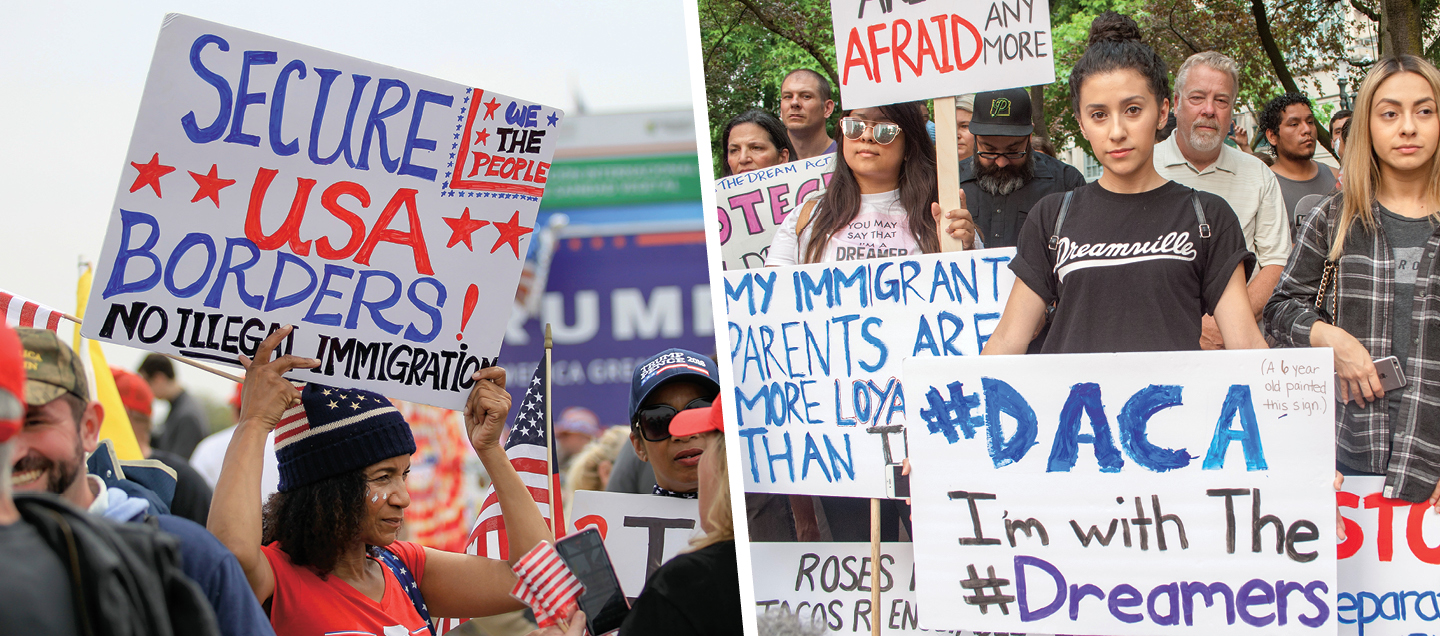In 2012, the Obama administration illegally usurped Congress’s power to write immigration laws when, in a memo, it created the Deferred Action for Childhood Arrivals program, commonly known as DACA. DACA has granted work permits to approximately 800,000 immigrants who had illegally entered this country before they turned 16.
This unconstitutional program should be ended. Only the people’s representatives in Congress have the authority to decide whether DACA recipients should be allowed to stay, and Congress has not passed legislation to do so.
DACA is essentially an
DACA is also unfair to Americans who must compete with DACA recipients for jobs. When DACA began, a study found that about 20 percent of those eligible lacked high school diplomas, so it’s likely that some DACA recipients are taking unskilled jobs that would have gone to the most disadvantaged Americans, both citizens and legal immigrants. DACA also doesn’t require recipients to learn English or prove they can support themselves.

